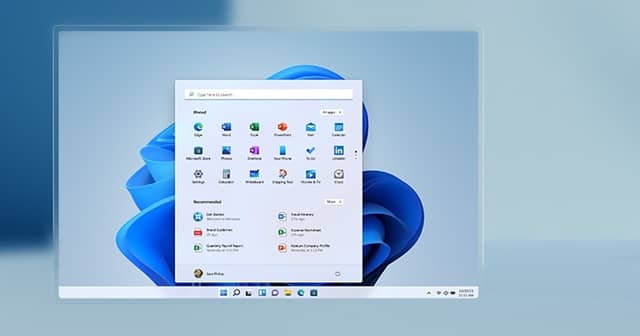At the WWDC 2022 conference, Apple showcased many new features coming into iOS 16. It was only discussing a handful of things in the short time available. It appears, however, that iOS 16 will bring an enhancement to Face ID, which will give iPhone users the possibility of unlocking their phones using landscape mode.
Apple has announced several updates for macOS, iOS and iPad. In addition, there were some brand new hardware announcements such as MacBook Air (2022), MacBook Air (2022) and the MacBook Pro 13.
The event was exciting overall. Although there’s plenty of information to go through, something interesting was discovered on Apple’s iOS 16 preview page. IOS 16 for iPhone will allow Face ID to function even when your phone’s tilt is horizontal. Although this might seem like a minor thing, the fact is that it’s a massive issue for iPhone users.
Also Read- Is Star Wars Battlefront 2 Crossplay
Face ID was announced in 2017 along with iPhone X. iPhone X. It was announced in 2017, and the iPhone X shed the design of the conventional iPhone and removed its iconic home button to make way for a larger screen. Face ID is a highly complex feature and while numerous tried to replicate it, most attempts have been unsuccessful.
Although it’s a complex device, the system is a savior when you’re traveling or in the dark. However, one issue has been a problem for Face ID for a long time: its inability to open in the landscape orientation.
The functionality isn’t brand new, but Apple’s iPad Pro offered this capability in 2018. The Face ID module in the iPad Pro is different from the iPhone’s. Today, four years after the iPhone’s release, the ability to allow you to unlock your iPhone by using the Face ID horizontally will be available in the official version of iOS 16.
Also Read- Windows 11 Version 21H2 Is Available for All to Download
However, there is a caveat since the site mentions that it’s only available for compatible iPhone models. However, it doesn’t specify which models are supported, but we’ll soon learn more as the betas are available.


